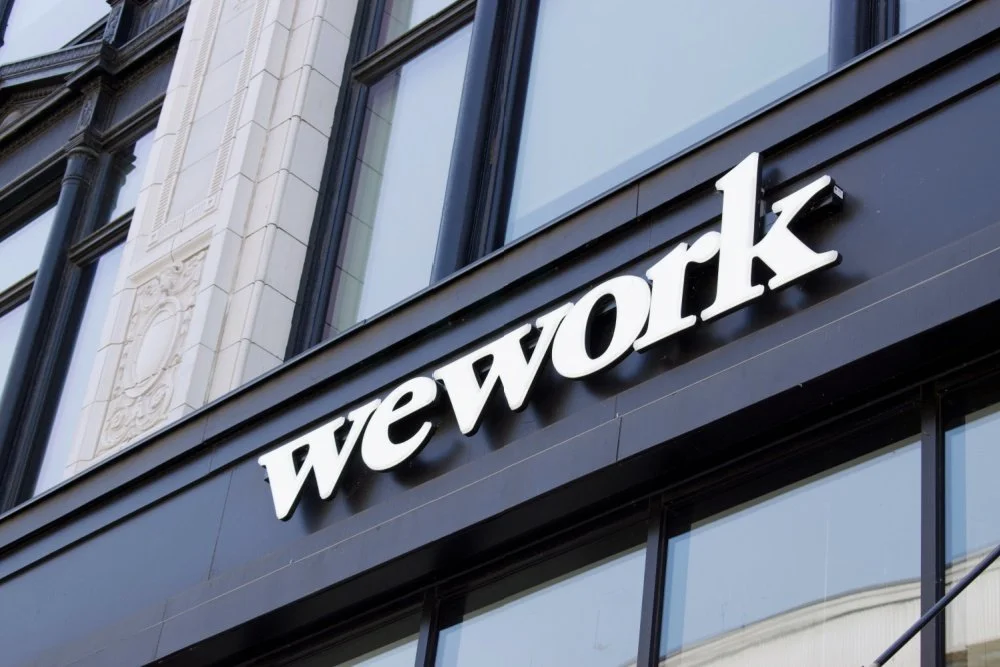Fire with Fire: Donor Dollars and the Coming Attack on Trump's Presidency
/A key factor that decided the election in November is that Hillary Clinton had sky-high unfavorable ratings after months of attacks about her use of a personal email server and the doings of the Clinton Foundation. Some of these attacks came from nonprofit groups financed by conservative philanthropists and foundations, as we’ve reported, most notably the hedge funder Robert Mercer.
Well, it turns out that two can play at this game. Now, donors on the left are mobilizing for a sustained attack on Donald Trump and his team that aims to bring down the new administration in an avalanche of scandals.
Before saying more, some backstory is in order.
Over 25 years ago, Benjamin Ginsberg and Martin Shefter observed in their 1990 book, Politics by Other Means, that substantive policy issues were playing an ever-smaller role in driving American politics as investigations and scandals moved front and center, starting with Watergate.
Things have only grown worse since that book was published. A lot worse. Operatives across the ideological spectrum have become more adept at driving scandals, real or imagined, into the legal system and the media—swaying public opinion and elections. Tax-deductible philanthropic dollars have played a key role in financing de facto partisan attack machines, as I’ve described in the past.
While both the left and right have played this game going back to the 1970s, the right has played it far better—with top conservative donors more eagerly backing unscrupulous efforts to drag opponents into the gutter. Most famously, the several million dollars that Richard Scaife invested in the early 1990s in the “Arkansas Project,” bankrolling the nonprofit magazine The American Spectator to dig up dirt on Bill Clinton, yielded a massive return. That effort surfaced sexual harassment allegations by Paula Jones, with other conservative funders then underwriting the cost of her lawsuit against Clinton. That suit eventually turned up Monica Lewinsky, led to Clinton’s impeachment, and arguably explains the narrow election of George W. Bush, who ushered in a series of conservative policy changes.
Politics by other means works. For those donors with the stomach, it can be a super-high-leverage form of giving. The “vast right-wing conspiracy” against the Clintons wasn’t just real, it was consistently well-funded for over two decades and yielded its final and biggest return in November, when personal attacks on Hillary again helped tip a very narrow election.
Now, get ready for a vast left-wing conspiracy against Donald Trump and all who surround him.
Fittingly, a key leader of this effort is David Brock, who, as a young conservative reporter, was on Scaife’s payroll at the American Spectator digging into Clinton. Brock knows first-hand how devastatingly effective personal attacks can be. He has since reinvented himself as a top partisan operative on the left, founding Media Matters for America, a 501(c)(3), and American Bridge, a super PAC.
Last weekend, Brock convened a meeting of over 100 top donors in Aventura, Florida, to plot out a strategy for destroying the Trump presidency. A leaked memo outlines Brock’s strategy for weakening Trump in various ways, including through investigation and litigation, the two core strategies used against the Clintons over the last quarter-century. This work will be led by American Bridge’s 501(c)(4) arm, which is now in the process of building a “war room” that will be staffed by over two dozen researchers and others. A key goal is to inflict enough damage on Trump by 2018 to influence the midterms. The ultimate goal is to drive him out office by 2020 through either impeachment or defeat at the ballot box.
Brock’s operation also includes an investigative media arm, True Blue Media, that has a broad mandate of “scrutinizing political power in Washington and in state capitals throughout America,” according to its incoming CEO, the journalist David Sirota. In practice, the main target is Trump and his team—at least judging by the site that True Blue Media publishes, ShareBlue.
Leaving aside Media Matters, the anti-Trump machine that Brock oversees isn’t fueled by philanthropic dollars. But it’s safe to say that plenty of such money will be channeled to 501(c)(3) nonprofits gunning to weaken or destroy Trump. We'll be reporting on those investments as we learn about them.
IRS rules provide wide latitude in how philanthropic dollars are used, and it’s easy to give for projects that specifically aim to destroy the reputation of politicians. Donors can underwrite damaging books and articles, as Robert Mercer did by financing the work of Peter Schweizer, author of Clinton Cash. Schweizer’s allegations about the Clinton Foundation were widely debunked, but played a key role in amplifying the “corrupt Hillary” narrative.
Donors can also underwrite efforts to locate and surface damaging documents related to public figures, such as legal depositions, emails and the like. Judicial Watch, a nonprofit financed by a who’s who of conservative funders, took the lead in pushing Hillary Clinton’s email issue to the forefront of the election, including obtaining and publishing her emails. (This effort was far more damaging than the Russian hacking that came later.)
Of course, philanthropists can underwrite all kinds of litigation by nonprofit legal groups that is ostensibly aimed at advancing the public interest—but which has a narrower agenda of destroying the careers of particular people.
Look for all these strategies now to be turned against Donald Trump, his top advisors, and his cabinet secretaries—with liberal donors footing the bill.
Will this investment pay off? That’s an open question. In contrast to the Clintons, a couple that spent most of their careers in public service and philanthropy, Trump’s critics have much more to work with given his decades of controversial business dealings—not to mention the numerous women who’ve alleged sexual harassment or assault.
On the other hand, given how many voters brushed off disturbing reports about Trump before the election, why should any of this stuff stick now that he’s in office?
One thing we can say is that when the charitable tax exemption was created a century ago, probably nobody could imagine the way in which such donations would someday help finance a “politics by other means” that just keeps getting nastier.
Related:





























